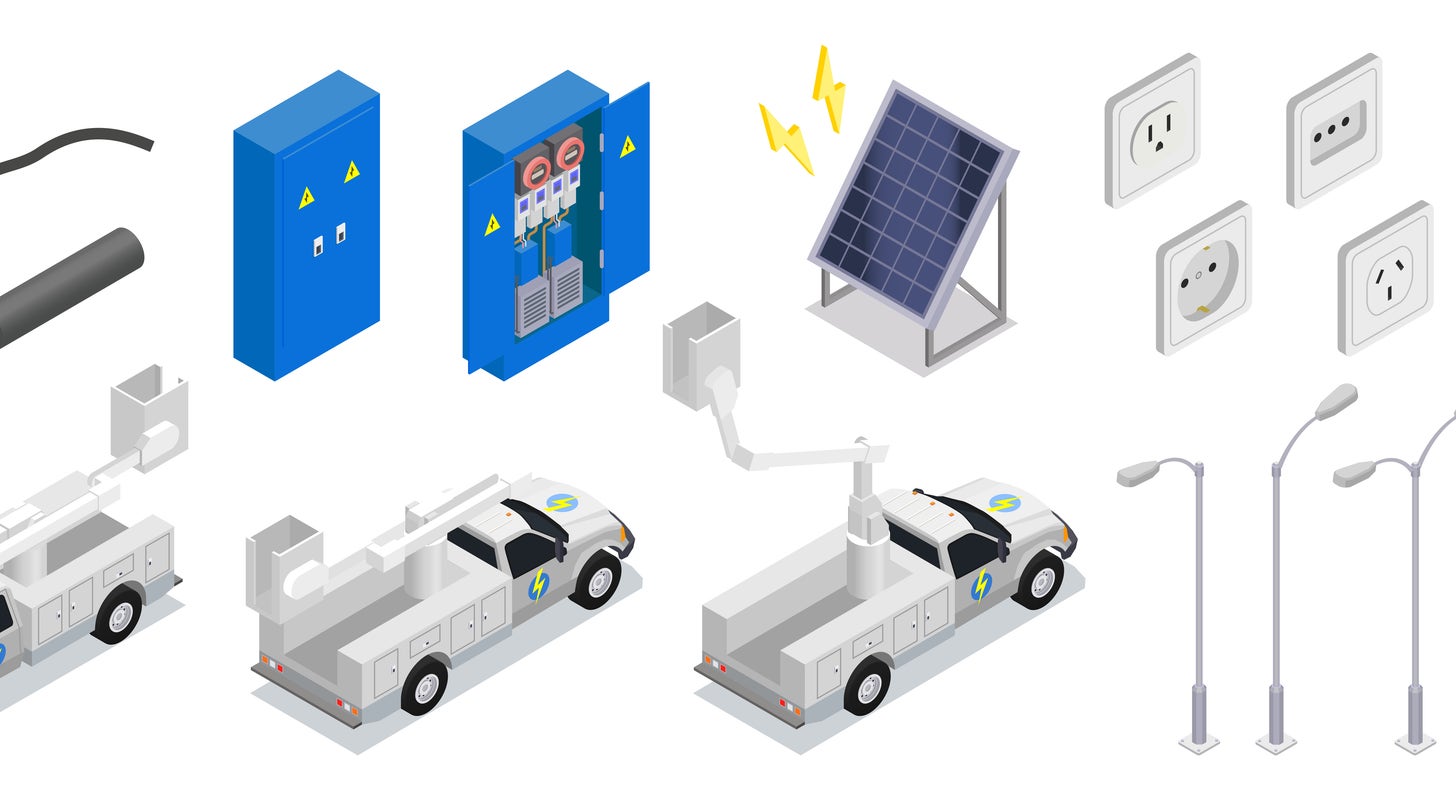The Electric Pickup Concept Continues To Evolve Tesla, Benzinga, Worksport, solar wafer cell, Noriaki Kamashita, Toyota's Hillux pickup, Bangkok International Show, hydrogen fuel cell Hilux prototype, electric version of Hilux Revo BEV, COR portable battery storage solution by https://www.benzinga.com/

AI Insights:
Simple Explanation:
So, this article talks about how electric pickup trucks are getting better and more popular. Worksport, a company that makes cool car accessories and uses solar energy, is working on a special cover for trucks that can charge them using the sun's power. Toyota, a big car company, is also making an electric version of their famous Hilux pickup truck. This means more people will be able to drive cleaner cars that are good for the environment. Read from source...
Critical Perspective:
- The first paragraph is a promotion of Worksport and its solar cover product, which seems irrelevant to the main topic of electric pickup trucks. It also exaggerates the importance of the solar wafer cell as an "important milestone" without providing any evidence or context.
- The second paragraph repeats some facts about Toyota's plans for electrification, but it does not add much value to the readers. It also introduces a new term, "electrified version", which is vague and unclear. What does it mean? How does it differ from an electric version? Is it another name for a hybrid or plug-in hybrid vehicle?
- The third paragraph abruptly ends with an incomplete sentence that leaves the reader hanging. It also lacks any details about what Toyota showcased in Thailand and why it is significant. What are the specifications, features, benefits of the Hilux Revo BEV? How does it compare to other electric pickups in the market?
- The overall tone of the article is positive and optimistic, but it lacks any critical analysis or comparison of the different options and challenges faced by consumers and manufacturers. It also fails to address some important questions, such as: what are the environmental and social impacts of electric pickups? How do they affect the economy, energy consumption, infrastructure, etc.? What are the ethical and moral implications of using renewable energy sources and materials in automotive products?
- The article could be improved by providing more factual information, data, examples, and citations to support its claims and arguments. It could also benefit from a more balanced and nuanced perspective that acknowledges the trade-offs, risks, uncertainties, and limitations of electric pickups and their related technologies.